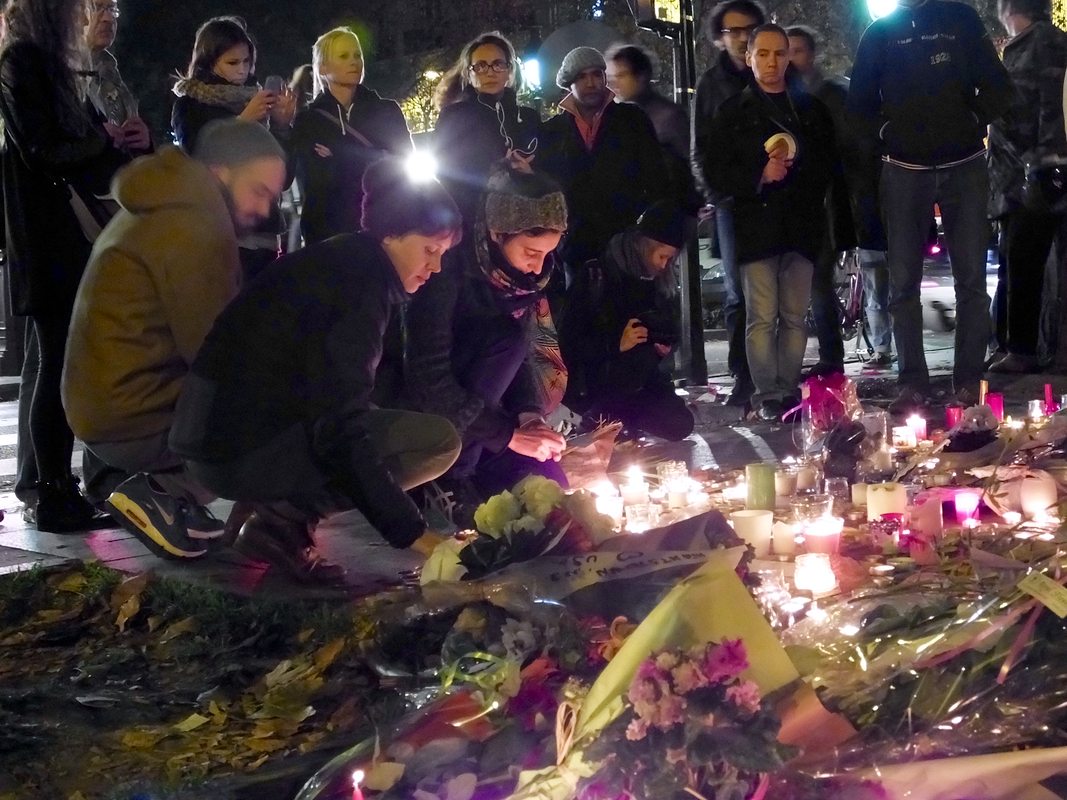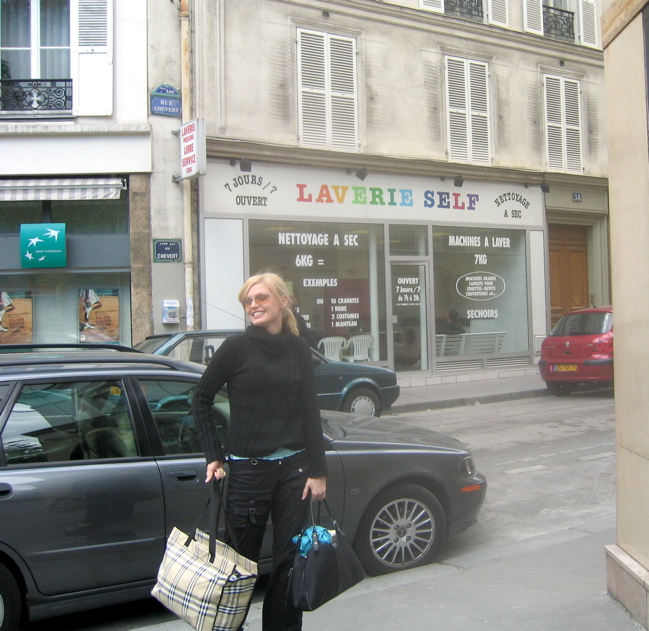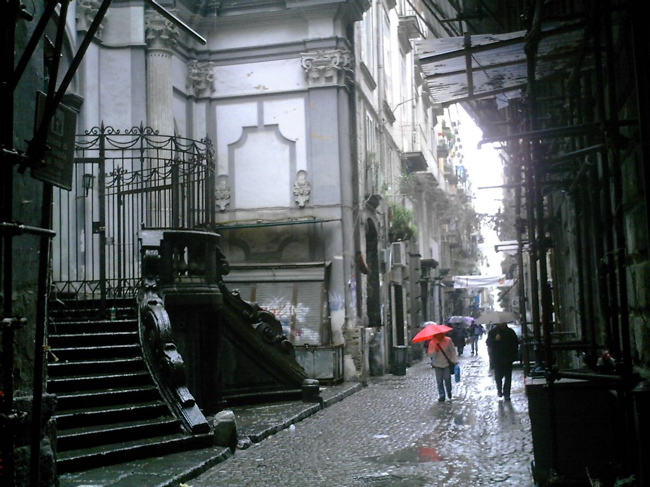
Makeshift memorial near the Bataclan concert hall.
“Do you know where you are?” the young woman who stopped me on Paris’ Avenue Parmentier asked, her voice edged with worry. A resident of the neighborhood, she was on her way to her boyfriend’s apartment when armed attackers started firing on nearby restaurants. There were rumors of continued shootings in the Paris area, and she couldn’t understand what I was doing outside.
She asked me again: “Madame, do you know where you are?”
I knew where I was. It just no longer bore any resemblance to the Paris that I know and love. Reporting on the terror attacks, I had rushed over to the city’s 10th and 11th Arrondissements shortly after word got out about explosions at the Stade de France and gunfire at several restaurants and bars.
As I made my way toward the besieged Bataclan concert hall, what struck me most were the empty streets. Off the beaten tourist path, the city’s vibrant and ethnically diverse eastern neighborhoods around Canal Saint-Martin and Place de la République draw a range of fashionable, young creative types. On Friday nights these areas are usually packed with revelers looking to kick off the weekend in the neighborhoods’ numerous bars, restaurants and clubs.
However, last Friday these areas were virtually deserted. Bistro owners hastily locked down their establishments, heavily armed police patrolled the area ordering everyone inside, cordons were set up, and all around me the shrieks of emergency sirens cut through the brisk November night.
Read more at Bustle.com


